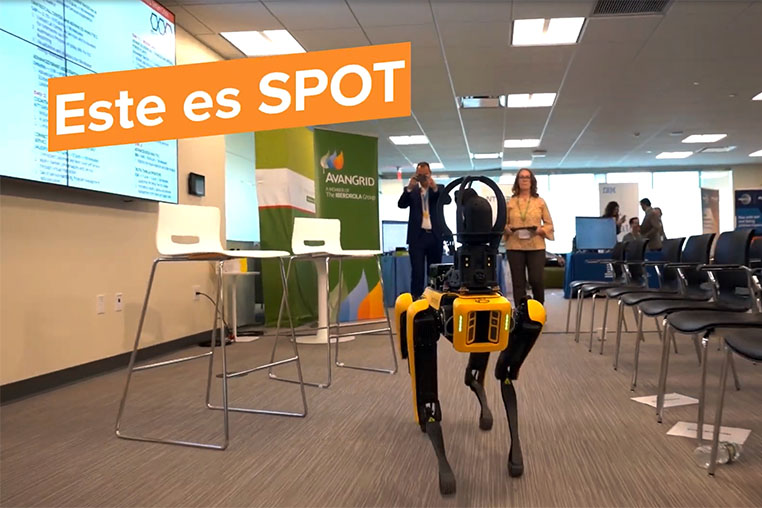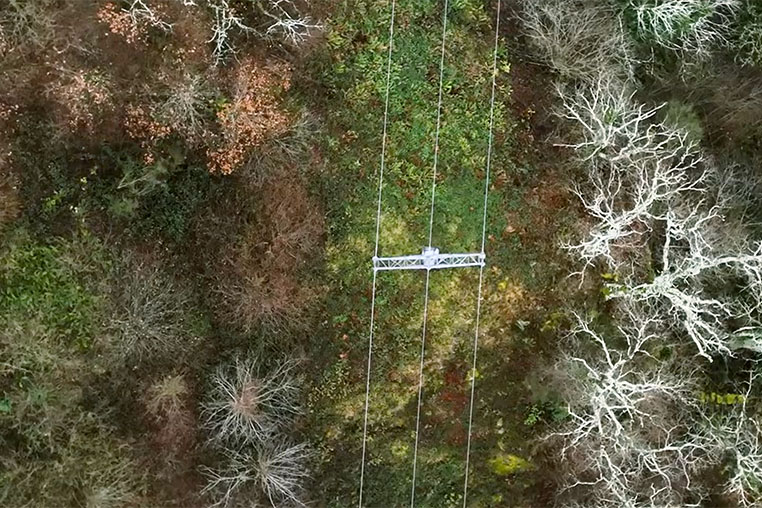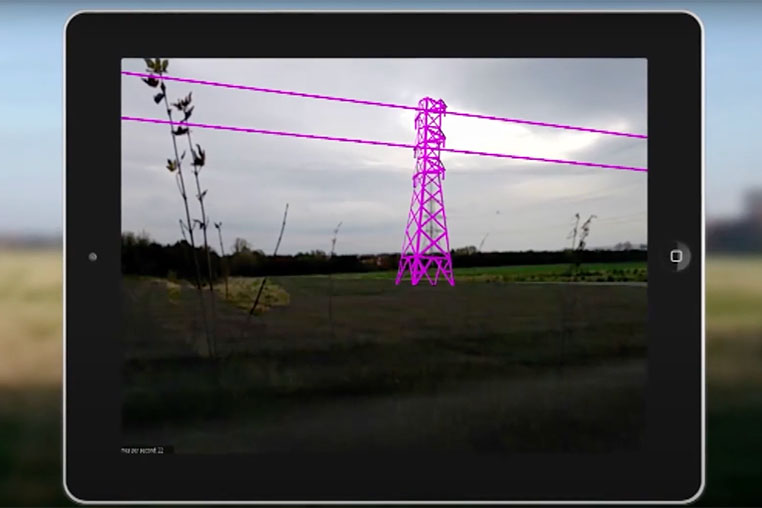Innovation in networks
Driving smart grids and digitisation to build a more flexible electricity system
Through R&D&i in the Networks area, Iberdrola seeks to improve customer service, maintaining and expanding the smart grid model and grid digitisation, and moving towards greater integration between generation and demand to build a more flexible and reliable electricity system.
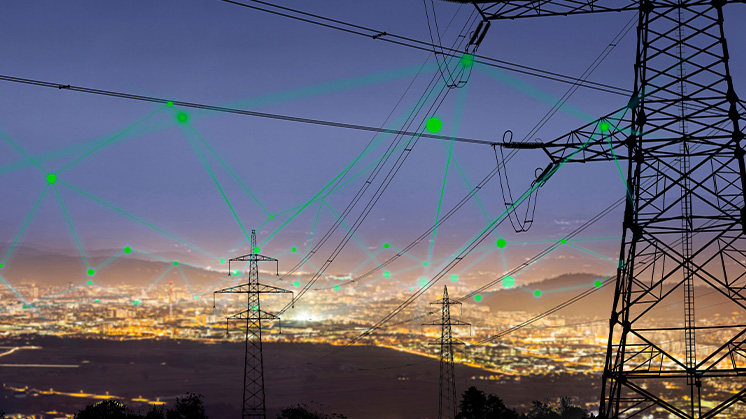
In the new energy model, smart grids will play a key role as an integrating element between generation and demand, interconnecting different sectors such as electricity and transport, and adding new actors in energy production, such as households or communities.
The work to digitise these grids will allow us to offer new products and services to customers, improving the quality of supply and facilitating the integration of renewable energies and distributed generation resources (storage systems, electric vehicles or heat pumps). This will boost the flexibility of the electricity market through technologies such as big data, artificial intelligence (AI), machine learning, cloud computing and the Internet of Things.
Smart Grids
The transition to 100% renewable generation poses major challenges for today's electricity grid, which was originally designed for conventional sources. Smart grids have turned into a solution to support a decarbonised, efficient and flexible future electricity system, integrating electronic equipment, metering, information technology and telecommunications systems.
Research into new technological models will increase the system’s energy efficiency, taking advantage of the flexibility provided by own and third-party resources. Along these lines, Iberdrola is developing new control and protection systems that ensure the stable island operation of medium-voltage distribution grid feeders, improving the quality and continuity of electricity service in the event of any issues.
In addition, we have been involved in creating the conditions for a new generation of grid services to take advantage of demand response, storage and distributed generation. At the European level, we are involved in a coordination project to adapt, define and promote future standardised grid services and market platforms to enable a seamless pan-European electricity market with non-discriminatory access for all participants.
Digitisation
At Iberdrola we are leading a seed project in artificial intelligence, IA4TES (Artificial Intelligence for Sustainable Energy Transition), comprising a consortium of 18 partners made up of leading companies in the technology sector, research centres and universities. The main objective is to investigate the solutions provided by different AI technologies to the energy sector, thinking about the new paradigm of the electricity system and covering the three main vectors of the sector's value chain: smart sustainable production, smart grid and smart consumption.
We have designed and developed a new energy resource prediction model that allows us to increase the degree of accuracy in forecasting the renewable resource and the power of renewable energy generation facilities. It is an integrated system based on the most modern weather forecasting techniques, as well as on machine learning, artificial intelligence and big data technologies.
In addition, in this constantly changing environment, we are committed to carrying out disruptive proofs of concept (POCs), using emerging and differentiating technologies such as: Internet of Things in the LoRa solution that provides additional monitoring capabilities on existing wind turbines; deep learning to identify defects in network assets through image capture on Edge, allowing the automated recognition of issues and of vegetation around power lines; and the implementation of an interactive 3D model of an electricity substation in virtual reality with dynamic operation to optimise planning of necessary interventions.
Meet Spot: The AI-powered robot that detects incidents in substations (video in Spanish)
Valcarlos: The village that stores energy thanks to a battery (video in Spanish)
Projeto de revisão da linha Cartolidar (vídeo em espanhol)
STAR Project. Iberdrola's smart energy (video in Spanish)

Interview: Agustín Delgado
A conversation with the Chief Technological Officer at the Iberdrola Group
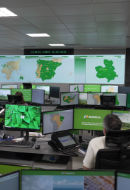
SCADA system
How SCADA works in power grids and power plants.

Progress on the smart grid
Telecommunications trends and applications in the smart grid.

The road to smart grids
A global transition to a green grid powered by renewables.





